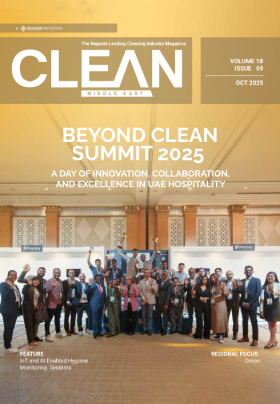
According to the World Health Organization (WHO), occupational burnout is a syndrome resulting from chronic work-related stress. Symptoms might include feelings of energy depletion or exhaustion; increased mental distance from one’s job, or feelings of negativism related to one's job. This will certainly make you feel inefficient in your profession.
As of 2017, nine European countries considered burnout as being a recognized medical disorder.
You are considered for having a burn out when at least four of the following symptoms have been present, nearly every day, during the same 2-week period:
- Concentration difficulties or impaired memory
- Markedly reduced capacity to tolerate demands or to work under time pressure
- Emotional instability or irritability
- Sleep disturbance
- Marked fatigability or physical weakness
- Physical symptoms such as aches and pains, palpitations, gastrointestinal problems, vertigo or increased sensitivity to sound
Causes for staff burnout
Workload: Overwork is a main cause of burnout. Working too many hours is responsible for the deaths of millions of people every year, likely because overwork makes people suffer weight loss, body pain, exhaustion, sleep loss, and more.
Being unfairly treated: Unfair treatment includes bias, favoritism, mistreatment by a coworker or supervisor, and unfair compensation. When people are being treated unjustly, they are likely to burn out and need more sick time.
Lack of recognition and rewards: Paying someone what they are worth is an important way to reward them for their work. But so is letting people know that their efforts matter.
Being over-controlled: Studies show that autonomy at work is important for well-being, and being micromanaged is particularly de-motivating to employees.
Poor inter-relationships: Having a sense of belonging is necessary for mental health. When people feel part of a community, they are more likely to thrive.
What will help to avoid burn-out?
Employers need to help identify low-priority goals for their employees, match their strengths to their job duties and provide more support when needs change suddenly. Advocate for a four-day workweek, as work-life balance is so important today. Implement frequent walking breaks, and eliminating “work lunches” will help lessen workloads.
Rewards and recognition must be genuine and real. It is important to express appreciation for a job well done.
Gratitude from top leadership and peer-to-peer gratitude is very important—and not just for meeting work goals, but for showing empathy and care for colleagues as well.
Employers need to pay attention to social needs and give people spaces where they can connect with colleagues around non-work-related topics. Additionally, unfair treatment due to racial or gender bias must be rooted out, as discrimination boosts the chance of burnout substantially.
About the author:
Tatjana Ahmed is the Director of Housekeeping at Grand Hyatt Dubai and the Chairperson of the UAE Housekeepers Association.

.jpg)
.jpg)
 Search
Search.jpg)
